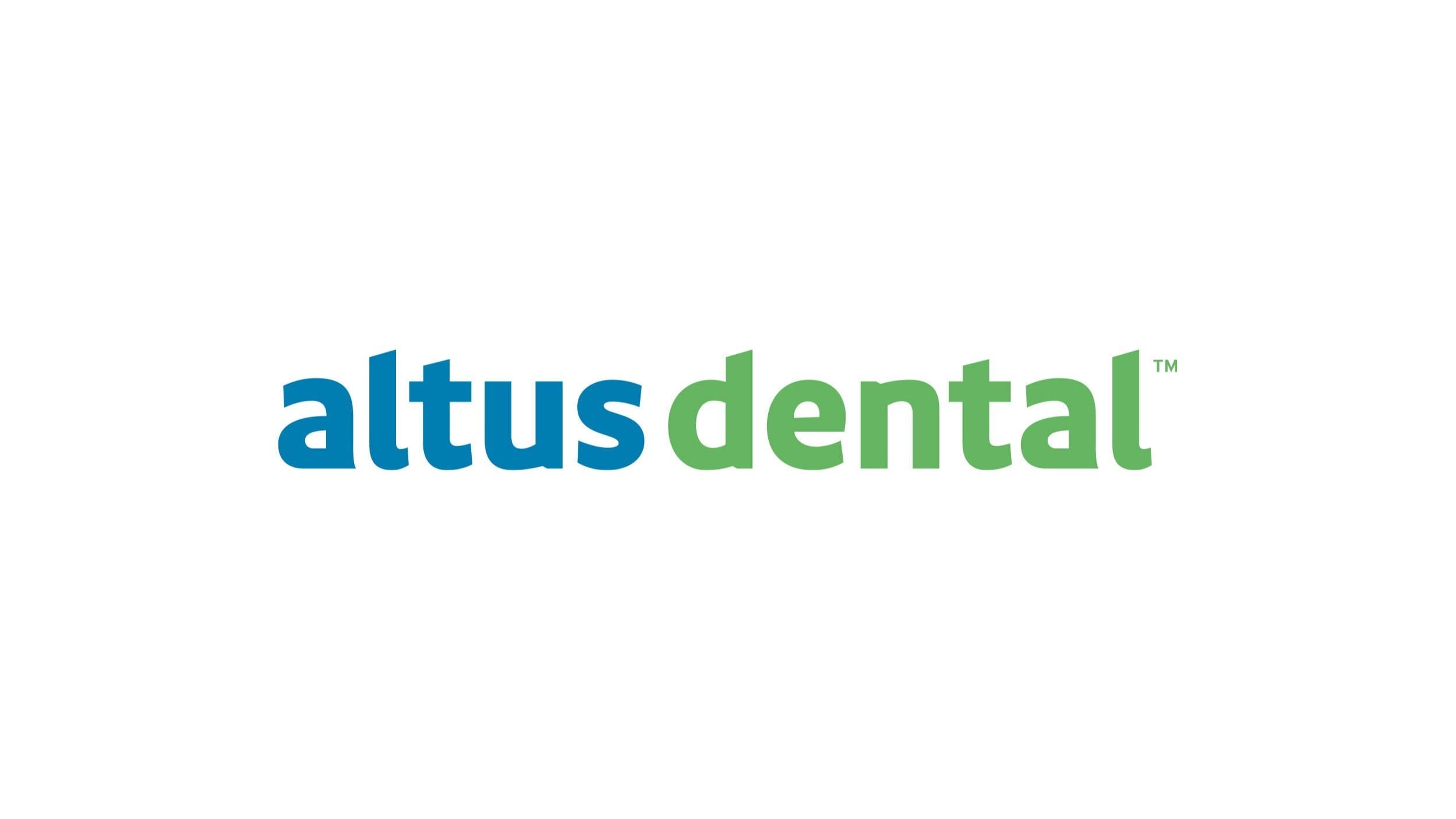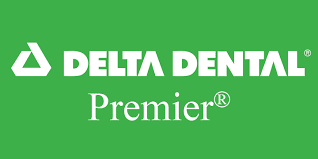Plaque is a sticky substance that is always forming on the teeth, accumulating to eventually turn into something called tartar. Tartar is a substance that is only removable through the efforts of a dental professional using specialized tools.
The main risk of having a buildup of plaque is that it leads to an inflammatory infection of the gums called periodontal disease, more commonly known as gum disease. In its early stages, periodontal disease is called gingivitis, which is reversible. Left untreated, gingivitis eventually develops into periodontitis, which is not reversible. Periodontitis can cause a patient’s teeth to eventually loosen and fall out.
Scaling & Root Planing: The Basics
Scaling and root planing in Northampton refers to a dental treatment in which a dental professional will be using special dental tools to remove plaque and tartar found beneath the gum line. To carry out this treatment, a member of your dental team will be carefully smoothing the root of the tooth so that the gum can reattach to it.
Scaling and root planing is unofficially known as a “deep clean.” This is a rather intense treatment that results in an improvement of the patient’s dental health.
Do I Need Scaling & Root Planing?
Scaling and root planing is used for the treatment of gum disease, which can be caused by factors like:
- poor oral hygiene
- smoking tobacco
- poor diet, genetics
- side effects caused by certain medications.
All of these factors have one thing in common: They can cause gums to become inflamed and swollen, eventually receding from the teeth. Gum recession causes little pockets to open up around the teeth, allowing bacteria to be harbored there, and plaque and tartar to build up.
What To Expect During a Scaling & Root Planing Procedure
Your dentist will use dental tools called scalars and curettes to thoroughly clean the pockets around your teeth. Some cases may require the use of a numbing agent to make the procedure more comfortable.
Your dental hygienist will perform the procedure in a meticulous manner, taking great care that each tooth is cleaned thoroughly. If your wisdom teeth were previously extracted, that means that 26 tooth pockets may require cleaning. Many times, a certain section of the mouth might be treated during one dental appointment, while the remainder receives treatment in a subsequent appointment.
Initially, dental tools are employed for the removal of accumulated plaque and tartar, while another set is used for the removal of a fine layer of the tooth root. The goal of the treatment is to close the pockets and allow the gums to snugly fit to the tooth root.
It is important that the dental hygienist remove all accumulations at one time. A given tooth may require numerous instruments to ensure that the treatment is complete.






